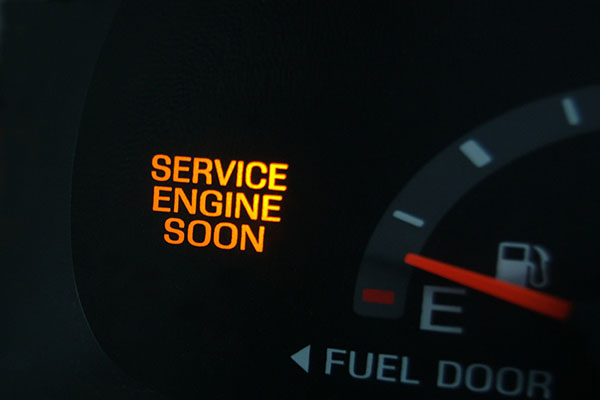
Your car is equipped with remarkable technology that plays a crucial role in keeping your vehicle running smoothly—the On-Board Diagnostic (OBD) system. But what exactly does this system do, and why is it so important for modern automobiles? Let's delve into the functionalities of the OBD system to unravel its significance.
Understanding the On-Board Diagnostic System
What It Does
The primary function of the OBD system is to monitor and manage the performance of your vehicle's engine and other essential systems. It serves as a built-in diagnostic tool that continuously scans and analyzes various components, ensuring they operate within optimal parameters.
How It Works
The OBD system is particularly crucial in monitoring and controlling the emission levels of your vehicle. It keeps tabs on the efficiency of the emission control components, ensuring your car complies with environmental standards.
The OBD system is designed to identify and flag any abnormalities or malfunctions in the engine or related systems. This includes issues with the fuel system, ignition system, exhaust system, and more.
When the OBD system detects a problem, it activates the "Check Engine" light on your dashboard. This serves as an early warning system, alerting you to potential issues before they escalate.
The OBD system generates specific codes known as Diagnostic Trouble Codes (DTCs) when it identifies a problem. These codes provide mechanics with valuable information to pinpoint and address the root cause of the issue during vehicle diagnostics.
Why It's Important
Emission Compliance
The OBD system ensures that your vehicle complies with emission standards, contributing to environmental preservation by minimizing harmful pollutants.
Early Issue Detection
By constantly monitoring the vehicle's performance, the OBD system helps detect potential problems early on, allowing for timely repairs and preventing more significant issues.
Cost-Effective Repairs
The ability to identify specific issues through DTCs streamlines the diagnostic process for mechanics. This not only saves time but also makes repairs more cost-effective.
Improved Fuel Efficiency
Ensuring that all engine components are functioning optimally contributes to improved fuel efficiency, saving you money at the pump.
When to Pay Attention
Check Engine Light
If the "Check Engine" light illuminates on your dashboard, it's essential to have your vehicle checked promptly. Ignoring this warning can lead to more severe issues and potentially higher repair costs, especially if it starts to blink.
Reduced Performance or Fuel Efficiency
If you notice a decrease in your vehicle's performance or fuel efficiency, it's advisable to consult with a mechanic. These signs could be indicative of underlying issues detected by the OBD system.
If you want to give your car a quick check-up, contact us at DS Auto Experts, and we will take care of it!